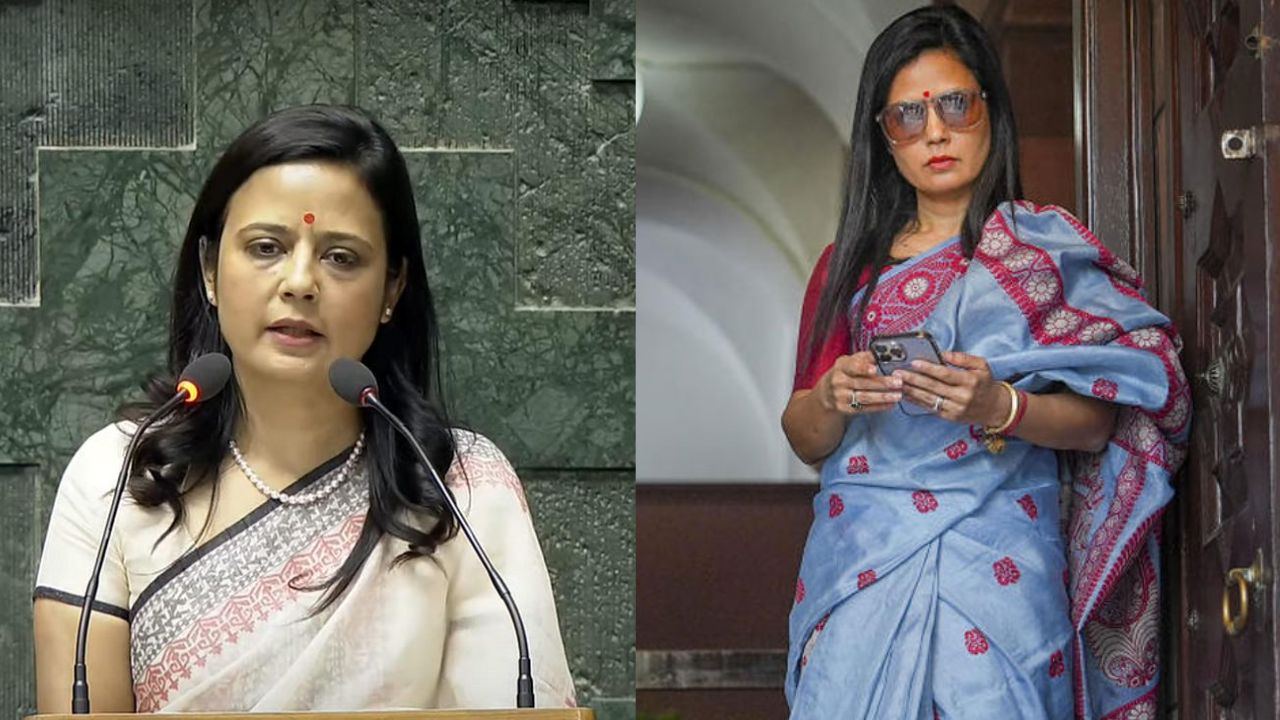BJP accuses TMC MP Mahua Moitra of violent rhetoric against Amit Shah. Controversy erupts amid parallel arrest in Bihar for PM Modi slur. Opposition slams repression, while BJP cites political motives. National democratic discourse faces strain.

BJP Demands Action Against TMC's Mahua Moitra
New Delhi: Trinamool Congress MP Mahua Moitra is once again embroiled in controversy. The Bharatiya Janata Party (BJP) has accused her of making indecent and violent remarks against Union Home Minister Amit Shah.
According to the BJP, Moitra has made objectionable remarks like 'beheading' the Home Minister. The matter has come to light at a time when the political atmosphere is already heated in Bihar due to the arrest of a man who made indecent and derogatory remarks against Prime Minister Narendra Modi.
BJP's reaction and allegations
The BJP has strongly condemned the incident and called it a symbol of the "violent and disappointing culture" of the Trinamool Congress. The party's Bengal unit issued an official statement saying that such statements are damaging the image of West Bengal and are a hindrance to the development of the state.
When Mahua talks of beheading the Home Minister, it exposes TMC’s frustration and the violent culture that is tarnishing Bengal’s image and dragging the state behind. pic.twitter.com/pAAw8wEWjz
— BJP West Bengal (@BJP4Bengal) August 29, 2025
The BJP has also shared a video on social media, showing Moitra talking to reporters. The party has demanded that legal action be taken against Moitra immediately.
Parallel case of Bihar
Meanwhile, a similar case has come to light in Bihar, where a youth from Darbhanga, Mohammad Rizvi, has been arrested for making derogatory remarks against Prime Minister Narendra Modi.
This incident took place during the 'Voter Rights Yatra' of Congress leader Rahul Gandhi. On the complaint of BJP leader Aditya Narayan Chaudhary, the police registered a case against Rizvi and took him into custody. This has further increased political tension across the country.
Bihar Police arrests the man in Darbhanga for using abusive language against PM Modi
These incidents reflect a dangerous trend of increasing political controversies in the country and objectionable comments being made against leaders.
On the one hand, while the opposition parties are accusing the ruling party of repression, the ruling party says that the opposition leaders are deliberately using violent and abusive language to gain political advantage.
This situation is posing a serious challenge to the democratic dialogue culture of the country and may give rise to more controversies in the future.